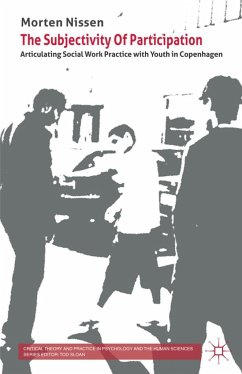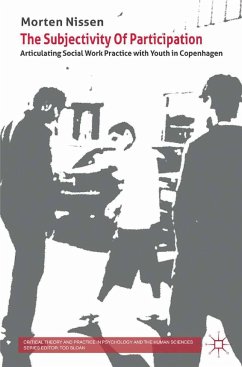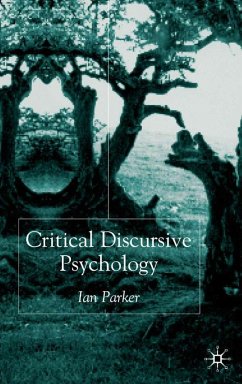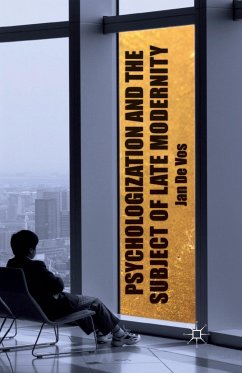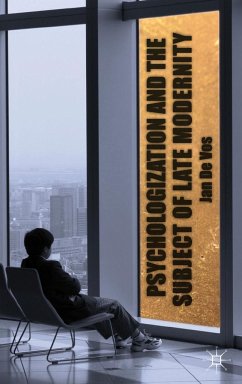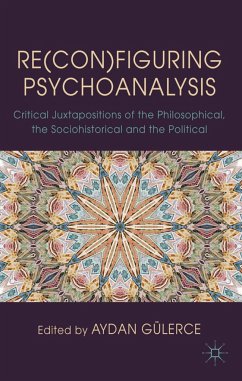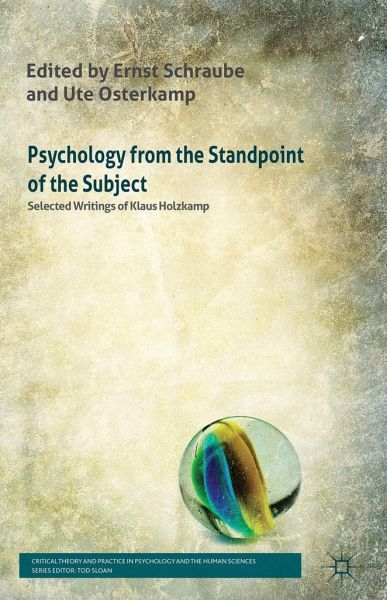
Psychology from the Standpoint of the Subject
Selected Writings of Klaus Holzkamp
Herausgegeben: Schraube, Ernst; Osterkamp, Ute
Versandkostenfrei!
Versandfertig in 6-10 Tagen
68,99 €
inkl. MwSt.
Weitere Ausgaben:

PAYBACK Punkte
34 °P sammeln!
This book introduces the groundbreaking work of the German critical psychologist Klaus Holzkamp. In contrast to contemporary psychology's worldlessness, the writings present a concept of psychology based on the individual's relations to the world and open up new perspectives on human subjectivity, agency and the conduct of everyday life.






